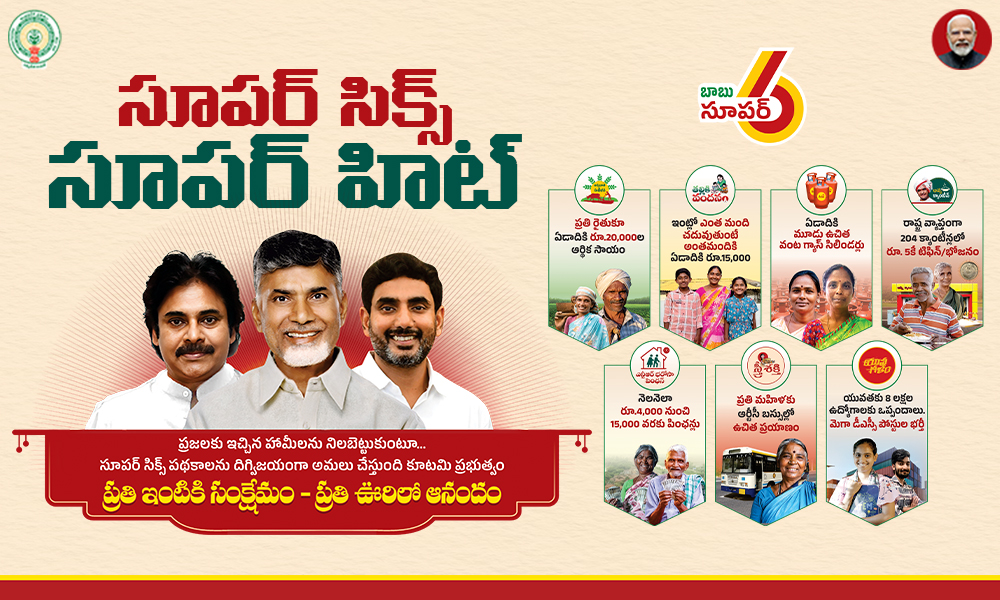It can be noted that the Union government has reportedly collected over ₹24,500 crore from GST on health insurance and reinsurance premiums in the last three years.
Published Sep 07, 2024 | 11:35 AM ⚊ Updated Sep 07, 2024 | 11:35 AM

Representational image. Credit: iStock
With the GST Council meeting on Monday, 9 September, set to discuss reducing the GST on health and life insurance, the focus turns to the most effective solution: completely removing GST from health insurance.
As netizens on X react strongly to the announcement of 18 percent GST on health insurance, Karnataka Health Minister Dinesh Gundu Rao has strongly urged to completely remove GST on health insurance, especially for senior citizens, who face additional financial burdens.
“The only feasible option is to remove GST entirely, or at the very least, remove it for senior citizens, who are among the most vulnerable and disproportionately affected by high healthcare costs,” he wrote in a strongly worded letter to Prime Minister Narendra Modi ahead of the GST council meeting.
He also emphasised the irony of imposing a tax on health insurance—an essential service in a country that aims to achieve Universal Health Coverage (UHC) by 2047. The health minister further pointed out that the tax disproportionately impacts lower-income groups and makes health insurance, a necessary buffer for medical emergencies, inaccessible to many.
It can be noted that the Union government has reportedly collected over ₹24,500 crore from GST on health insurance and reinsurance premiums in the last three years.
In his letter, Gundu Rao did not mince words, calling the 18 percent GST “draconian”, especially in the post-pandemic world where healthcare has become a critical necessity.
He further wrote, emphasizing the severe repercussions of this policy on the common man, “A tax so high on what is an essential service/necessity is draconian, to say the least, and definitely not what a welfare state should be doing.”
He explained that while the wealthy may absorb the increased costs, the rising premiums due to GST have a “cataclysmic effect” on the economically weaker sections, to whom “even a marginal increase in the premium makes it inaccessible to purchase.”
The letter highlighted the painful reality that many families are forced to— either sacrifice basic necessities or avoid getting health insurance altogether, leaving themselves exposed to financial ruin in the event of a medical emergency.
Gundu Rao strongly criticised the GST’s misalignment with the government’s own vision of achieving Universal Health Coverage by 2047.
He noted, “The Union Government has even expressed the importance of such insurance by launching a nationwide mission to ensure ‘Universal Insurance Coverage by 2047’.”
“Yet, it is not only unfortunate but also ironic that a government which espouses the vision of Universal Insurance also taxes it at a rate so high that it disincentivizes health insurance altogether.”
The health minister’s remarks stressed on a fundamental contradiction in government policy: While India aims to provide healthcare access to all its citizens, the financial barriers created by the GST on health insurance push this goal further out of reach for many.
As Gundu Rao pointed out, healthcare interventions are “A lifelong requirement with a direct bearing on the wellbeing of society and in turn, the country.”
Taxing such an essential service, he suggests, runs counter to the welfare state model.
Focusing on the importance of health insurance in cases of medical emergencies, or specialized care that may not be covered by state programs, Gundu Rao argued that despite Karnataka making strides toward accessible healthcare with initiatives like Arogya Karnataka and the Ayushman Bharat scheme, health insurance acts as a buffer.
The letter makes it clear that without affordable health insurance, many citizens will be left vulnerable.
The two-step system of state-provided health coverage combined with purchased insurance offers a protective buffer, but the high GST “acts as a barrier” to the system functioning as intended.
The GST on health insurance presents an economic and moral dilemma. Health insurance in India is not just a policy option but a necessity for millions who rely on it for expensive treatments and emergency care.
The 18 percent GST, as Gundu Rao aptly described, is “discernible to the upper economic classes” but disastrous for the weaker sections, effectively pricing them out of the system.
Gundu Rao’s letter rightly questions why healthcare—so essential to national well-being—should be subjected to such a high rate of taxation.
At a time when healthcare costs are rising due to inflation and new medical technologies, the high GST further exacerbates inequality in access to care.
Apart from the Karnataka health minister, many individuals too expressed their apprehensions and displeasure through social media.
One post by the handle Fundamental_invest India explained the problem of 18 percent GST while citing an example.
“Comprehensive Health Insurance Premium (without GST) for a Senior Citizen is around ₹80,000 – ₹1 lakh per year.
Add 18% GST to it i.e. ₹14,400, total premium becomes ₹94,400. If the Insurance company increases the Premium by 10% to ₹88,000, GST becomes ₹15,840.
Why does anyone, especially Senior Citizens have to pay ₹15,000 extra (18% GST) on Health Insurance? It only gets higher as Premiums go higher.
If Finance Minister Nirmala Sitharaman ji cannot have a meeting with all State Ministers and GST Councils to Abolish GST on Health Insurance, who can do it? Do State Ministers & GST Council have the Guts to Abolish this? Is there Intent?”
Comprehensive Health Insurance Premium (without GST) for a Senior Citizen is around ₹80000 – ₹1 Lakh per year.
Add 18% GST to it i.e ₹14400, total premium becomes ₹94400.
If the Insurance company increases the Premium by 10% to ₹88000, GST becomes ₹15840.
Why does…
— Fundamental Investor ™ 🇮🇳 (@FI_InvestIndia) September 5, 2024
Another post by Dr Prashanth Mishra with the handle drprashantmish6 chided, “If Nirmala ji remains Finance Minister for another 4-5 years, then she may impose a luxury tax on haemoglobin level.
If Nirmala ji remains Finance Minister for another 4-5 years ,then she may impose luxury tax on hemoglobin level.
Slab will be
Hb – 10-14 – no tax
If your Hemoglobin – more then 14 then additional wealth tax of 10%
If hb more then 16 then 15% wealth tax
If Hb- less the 10…— Dr Prashant Mishra (@drprashantmish6) September 6, 2024
The minister’s appeal is not just a request for tax reform, but a call for the government to put its citizens’ well-being first. In a country where health-related financial distress is one of the leading causes of poverty, ensuring affordable access to insurance is crucial.
With the GST Council meeting just days away, the government has a critical opportunity to correct this misstep and take a meaningful step toward achieving Universal Health Coverage by 2047.
Whether or not the GST Council will act remains to be seen, but the need for reform is urgent and undeniable.
“I write to you to recommend to the GST Council…to reconsider the 18 percent tax for the middle and low-income policy holder on health insurance, which will certainly be a positive step in achieving Universal Insurance in the year 2047,” Gundu Rao urged the prime minister.
(Edited by Sumavarsha Kandula)

